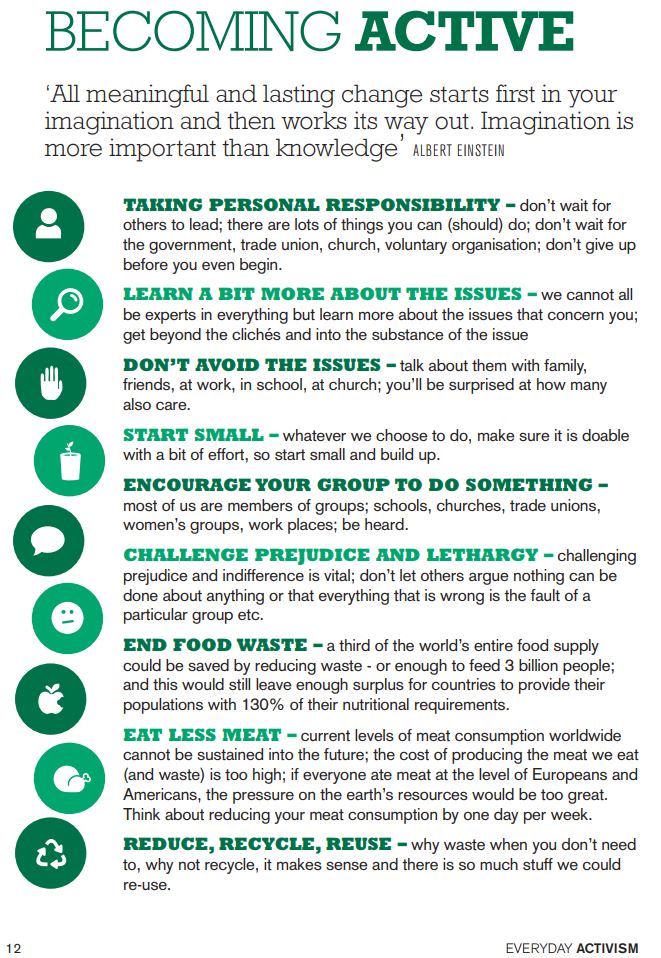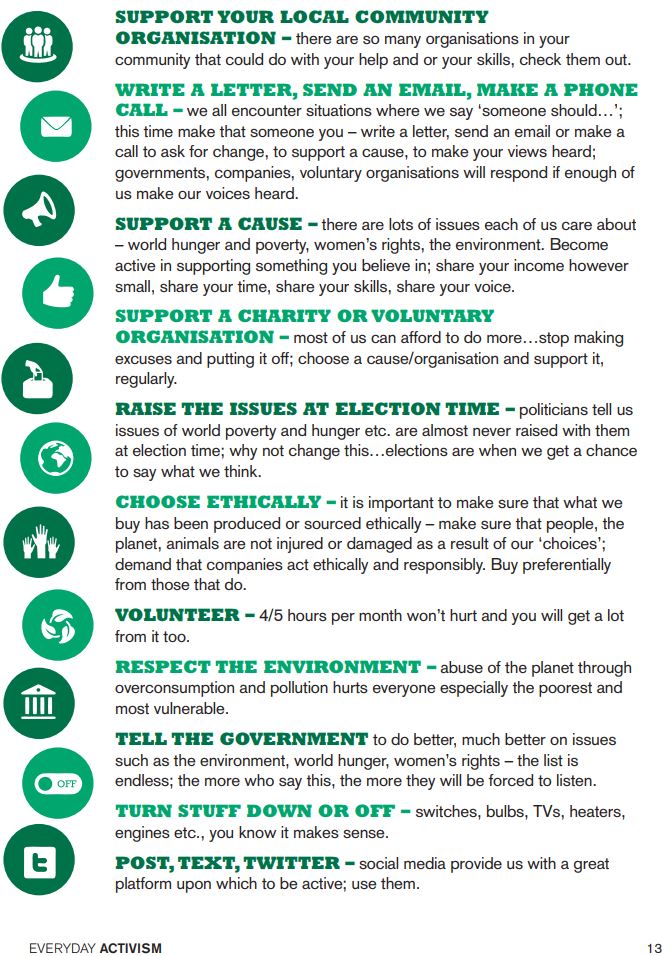Graphic: Covid-19 by Prachatai (March 31, 2020). via Flickr (CC license BY-NC-ND)
Covid-19 highlights the importance of our Global Citizenship and Development Education. The first in a 3-part series, Colm Regan introduces 3 teaching strategies for adapting and exploring with learners.
1. Keep learning the world
Watch, read, explore – start with Films for Action and pick a film that best suits your interest or topic. Or, try the rich pickings on TED – choose a topic (e.g. social change, identity, environment, humanity etc.) and check out what’s on offer or go to a site like AnswersAfrica and explore the richness of African literature, choose an author or book and take the time to ‘read’ the world (also check out Latin American authors and/or Indian writers and 11 books.
See the richness of African art at, for example the Smithsonian National Museum of African Art (watch out for its online exhibition of contemporary African women artists and its ‘At Home Activities to try’) or explore Latin American art via the educationally-focused US Khan Academy (the site includes a lot of free educational resources for different age groups).
Listen (and dance even) – the world’s musical diversity is vast. To begin, explore The Rough Guides series from the World Music Network and get an overview of the scale of the agenda; pick a style or regional music that interests you and access examples of that music on YouTube for example (search world music).
Listen and think about different perspectives on the world via the many podcasts available online at sites such as the The Activist playlist on Listen Notes (e.g. on oil, bicycles, injustice, tax issues etc.).
Magic data and analysis – the website Our World in Data is a massively rich site for all teachers and students – population, health, economics, poverty, inequality – provides up-to-date and historical data and analysis, commentary and superb infographics.
2. Imagine a different world
Thinking about what we don’t like in today’s world should encourage us to think about the changes we might like to see. Stimulate your thinking on this through exploring a number of TED talks, such as the following:
Start with one of TED’s most popular talks of all time by Sir Ken Robinson on creating schools that nurture creativity.
Try Simon Sinek’s talk on how leaders inspire action.
Or this talk by Brené Brown on exploring human connections and the importance of empathy, belonging, love etc. as a prelude to exploring humanity.
Watch designer Leyla Acaroglu’s take on how paper beats plastic and how it is time to rethink the future.
Or explore What Makes a good life: lessons from the longest study on happiness by Robert Waldinger.
For something entirely different, explore The Rules Culture Hacking Toolkit. The Rules was ‘an activist collective’ that existed from 2012 to 2019 offering an alternative perspective on traditional stories, ideas, models for change etc. Culture Hacking sought to ‘flip’ dominant perspectives and look at different ways to see and live the world. Apart from the Toolkit, the site also includes a series of case studies of change from this perspective.
3. Practice the Simple Stuff, connect your values with your spend/consumption
‘Everyday Activism’ is the place to start to build that better world – we offer 20 simple, everyday activities that everyone can engage (from Everyday Activism: such is the place where real change begins by Concern Worldwide’s active citizenship team). Use two pages (p.11 and 12) from Everyday Activism in exploring


- More materials, exercises and ideas are explored in part 2 in the series.
